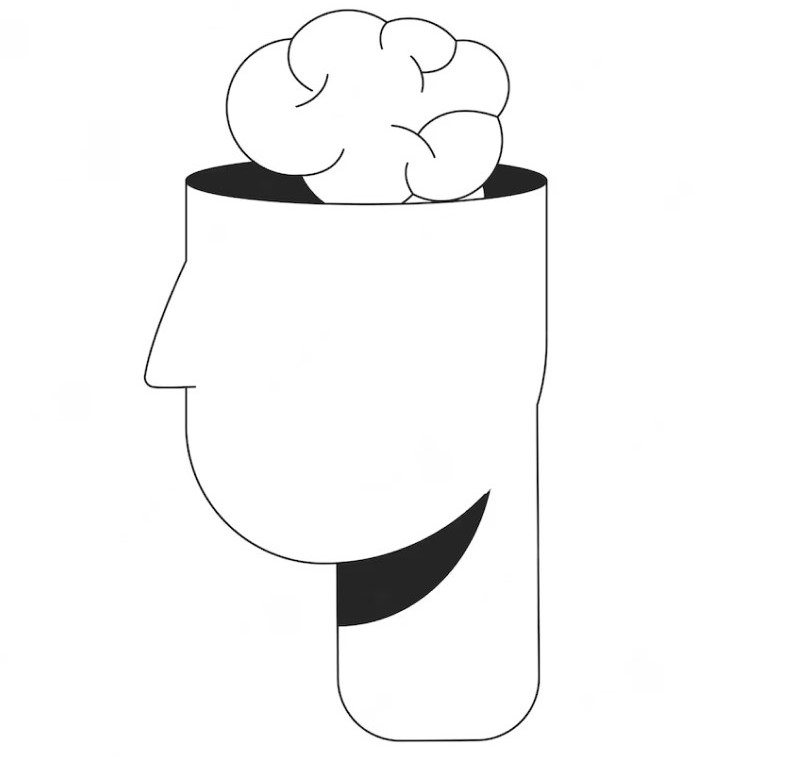Written by: Divya Sri P,
Published on: 23rd Sept 2023.
It is evident that mental
health problems have become more prevalent in India, particularly depression
along with suicide which are frequently accompanied by feelings of
helplessness and hopelessness. According to studies and surveys, people's
feelings of hopelessness and helplessness seem to be a major problem. In
United States, a study revealed that prior to the COVID-19 pandemic,
persistent feelings of sadness and hopelessness, as well as suicidal
thoughts, were already prevalent among children and teens.
Understanding Helplessness and Hopelessness :
According to the dictionary of APA, Helplessness is defined as a state of
incapacity,
vulnerability, or powerlessness associated with the perception that one
cannot do much
to improve a negative situation that has arisen.
Hopelessness as cited in the APA’s dictionary, the feeling that one will not
experience
positive emotions or an improvement in one’s condition. Hopelessness is
common in severe
major depressive disorders and it is often implicated in suicides and
attempted suicides.
Common misconceptions :
-
Just a phase :
While it's true that some people may feel hopeless or helpless temporarily, for others, these feelings may be a sign of a
serious underlying problem. -
Sign of weakness :
Experiencing these feelings is not a sign of weakness or personal failure.
-
Time heals :
Time can play a role in healing, it's important to keep in mind that, like other medical conditions, mental health disorders frequently call for support and therapy.
-
Attention - seeking behaviour :
This misconception invalidates their struggles and could stop and discourage them from seeking help.
-
Not everyone experiences :
No matter your age, gender, origin, or socioeconomic situation, these feelings can impact anyone.
Handling Helplessness/ Hopelessness
Helping Someone:
-
Recognize warning signs like behavioural and verbal cues
-
Knowing the risk factors like if there’s any history of self-harm, recent loss, isolation, etc
-
Engage in open communication where you express your concern and willingness to listen without any judgement.
-
Take immediate action if you believe someone is in immediate danger.
-
Encourage the person to seek professional help
-
Involve people who can be supportive, such as friends, family, or other people.
-
Keep in touch with them and let them know you care about them.
Helping Self:
-
Journaling
-
Mindfulness and relaxation exercises
-
Gratitude practice
-
Involving in physical activities
-
Healthy lifestyle
Helping someone who is faraway:
-
Knowing about the cultural differences
-
Connecting via online
-
Locating any nearby resources
WHAT TO SAY?
-
I’m here for you
-
You’re not alone in this
-
It’s okay to feel this way
-
Let’s take one step at a time
-
I care about you
-
You’re stronger that you think
WHAT NOT TO SAY?
-
Snap out of it
-
Others have it worse
-
Just think positive
-
Things will get better soon
-
You’re being dramatic
-
Cheer up
Conclusion
To sum up, we could feel helpless and hopeless when facing challenging situations in life. Despite the fact that these emotions can be crippling, remember that they do not define your worth. Keep in mind that asking for support shows strength. Consult a friend, a family member, or a reliable professional. Let's hold onto hope, as we advance towards a brighter future.

